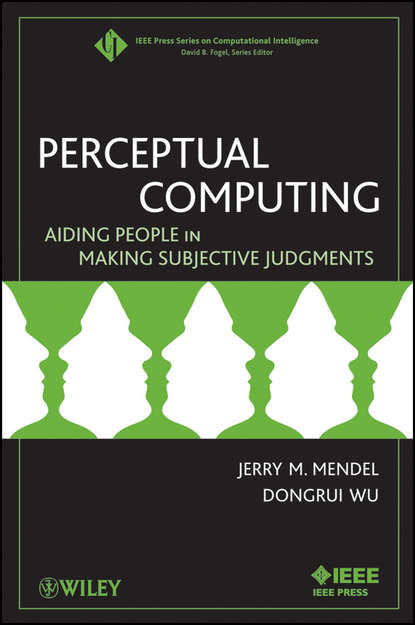- бизнес-книги
- детские книги
- дом, дача
-
зарубежная литература
- зарубежная деловая литература
- зарубежная драматургия
- зарубежная классика
- зарубежная компьютерная литература
- зарубежная литература о культуре и искусстве
- зарубежная образовательная литература
- зарубежная поэзия
- зарубежная прикладная литература
- зарубежная психология
- зарубежная публицистика
- зарубежная религиозная и эзотерическая литература
- зарубежная религиозная литература
- зарубежная справочная литература
- зарубежная старинная литература
- зарубежная фантастика
- зарубежная эзотерическая литература
- зарубежное фэнтези
- зарубежные боевики
- зарубежные детективы
- зарубежные детские книги
- зарубежные любовные романы
- зарубежные приключения
- зарубежный юмор
- современная зарубежная литература
- знания и навыки
- история
- комиксы и манга
- легкое чтение
- психология, мотивация
- публицистика и периодические издания
- родителям
- серьезное чтение
- спорт, здоровье, красота
- хобби, досуг
Wu Dongrui — Perceptual Computing. Aiding People in Making Subjective Judgments
Купить и скачать за 13446.20 ₽

Понравилась книга? Поделись в соцсетях:
Автор: Wu Dongrui
Издатель: John Wiley & Sons Limited
ISBN: 9780470599631
Описание: Explains for the first time how «computing with words» can aid in making subjective judgments Lotfi Zadeh, the father of fuzzy logic, coined the phrase «computing with words» (CWW) to describe a methodology in which the objects of computation are words and propositions drawn from a natural language. Perceptual Computing explains how to implement CWW to aid in the important area of making subjective judgments, using a methodology that leads to an interactive device—a «Perceptual Computer»—that propagates random and linguistic uncertainties into the subjective judgment in a way that can be modeled and observed by the judgment maker. This book focuses on the three components of a Perceptual Computer—encoder, CWW engines, and decoder—and then provides detailed applications for each. It uses interval type-2 fuzzy sets (IT2 FSs) and fuzzy logic as the mathematical vehicle for perceptual computing, because such fuzzy sets can model first-order linguistic uncertainties whereas the usual kind of fuzzy sets cannot. Drawing upon the work on subjective judgments that Jerry Mendel and his students completed over the past decade, Perceptual Computing shows readers how to: Map word-data with its inherent uncertainties into an IT2 FS that captures these uncertainties Use uncertainty measures to quantify linguistic uncertainties Compare IT2 FSs by using similarity and rank Compute the subsethood of one IT2 FS in another such set Aggregate disparate data, ranging from numbers to uniformly weighted intervals to nonuniformly weighted intervals to words Aggregate multiple-fired IF-THEN rules so that the integrity of word IT2 FS models is preserved Free MATLAB-based software is also available online so readers can apply the methodology of perceptual computing immediately, and even try to improve upon it. Perceptual Computing is an important go-to for researchers and students in the fields of artificial intelligence and fuzzy logic, as well as for operations researchers, decision makers, psychologists, computer scientists, and computational intelligence experts.